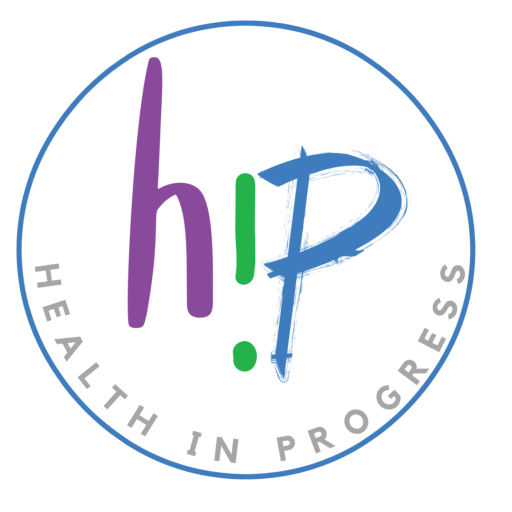Pre- epilepsy diagnosis, Alfie was born to term and was perfect. Then, when he was 4 months he was constantly sick. He met all his milestones, but he was always unwell and never got enough sleep. When he was 8 months old he had his first tonic-clonic seizure, and we took him straight to the hospital.
During his epilepsy diagnosis, Alfie’s hospitalization lasted for four months.
Alfie only responded to IV steroids, which eventually stopped his clusters. For four weeks, he seized on and off, lost all his skills, and was like a newborn baby. Eventually, medical professionals diagnosed him with immune responsive epilepsy. Yet, we thought it was an isolated event. Unfortunately, it wasn’t.
Because Alfie had clusters every 8 months until he was 4. Then, they came every 3 weeks. Then, when he was 5, it was every week. Every time, he needed up to 5 doses of IV steroids.
When he was five years old, doctors diagnosed Alfie with PCDH19 epilepsy.
The doctors said:
“it will get better with age.”
But it didn’t. In fact, it was getting worse!
So, I did a lot of research on how to treat epilepsy, and cannabis used medicinally kept coming up. William Brooke O’Shaughnessy first documented using cannabis for epilepsy in 1841. I also watched YouTube videos about the entourage effect, what cannabis was, and how it worked while learning about the endocannabinoid system.
Since the doctors told us that Alfie would eventually die if he remained on IV steroids, we knew we that cannabis was his only chance to live. So, we raised money and started a petition to enable Alfie to have a prescription for medical cannabis in the UK.
Then, on 14th September 2017, we moved to Holland
In Holland, Alfie started his medication straight away. We started him on Bedrolite, which is GMP certified and made by Bedrocan.
Bedrolite is a full extract CBD oil, so it has other minor cannabinoids and terpenes. We used this on a regular basis for three months and every month Alfie’s seizures got further apart. We added in the oil (Bedica) under the guidance of our paediatric neurologist and Alfie then went 40 days without a seizure.
However, after five months we ran out of money and had to come home.
We had to fight for a prescription for both CBD and THC, and the UK was the best place to do this. Because isolation and living in another country was challenging, we returned home.
Then, we started a four-month campaign. We wanted the home office to get a prescription for Alfie and we came up against many blocks on the way. Finally, professor Mike Barnes came forward and helped our team of doctors apply for a license for Alfie.
On November 1st 2018, the law was changed. Then, Alfie got the first NHS medical cannabis prescription in the UK, which gave him access to the medical cannabis products he had in Holland.
People often ask me: “why have you campaigned as you have, and why do parents fight for their kids as much as they do?”
Well, my family are everything to me. To watch my son suffer to breath when he is having a seizure, to see my daughter cry because I must leave her, to watch my partner suffer from anxiety and worry about the future, this is what drives me to do better.
My son was always my focus. But I have realised that if cannabis is used correctly, it can save thousands of people from suffering. I have watched my child grow and develop and enjoy life. So, I believe every child with epilepsy should have the right to try something that could save them from a life of suffering. When faced with adversity you have a choice: sink or swim.
I chose to swim, and as a mother, I know what’s best for my child. I am so grateful for listening to myself. I’m also grateful for the people who believe in what I am trying to achieve for my son and UK-based families like ours.
I have also spoken to many doctors about cannabis
One threatened me with social services, and one told me cannabis cost too much. However, when you are a family with an epileptic child, the social impact on the mother’s full-time career is immense. Due to the strain of having a disabled child, mental health problems and divorce are common.
In the UK, the NHS is an underfunded institution, so finding the money for expensive treatments is an issue. The long-term care needs of an epileptic child, if they deteriorate without effective treatment, will cost the NHS far more in resources than trying a product that may just give them a life to live.
Therefore we become campaigners because we have no choice. We are our child’s only advocate and we must try to be heard.











Recent Comments